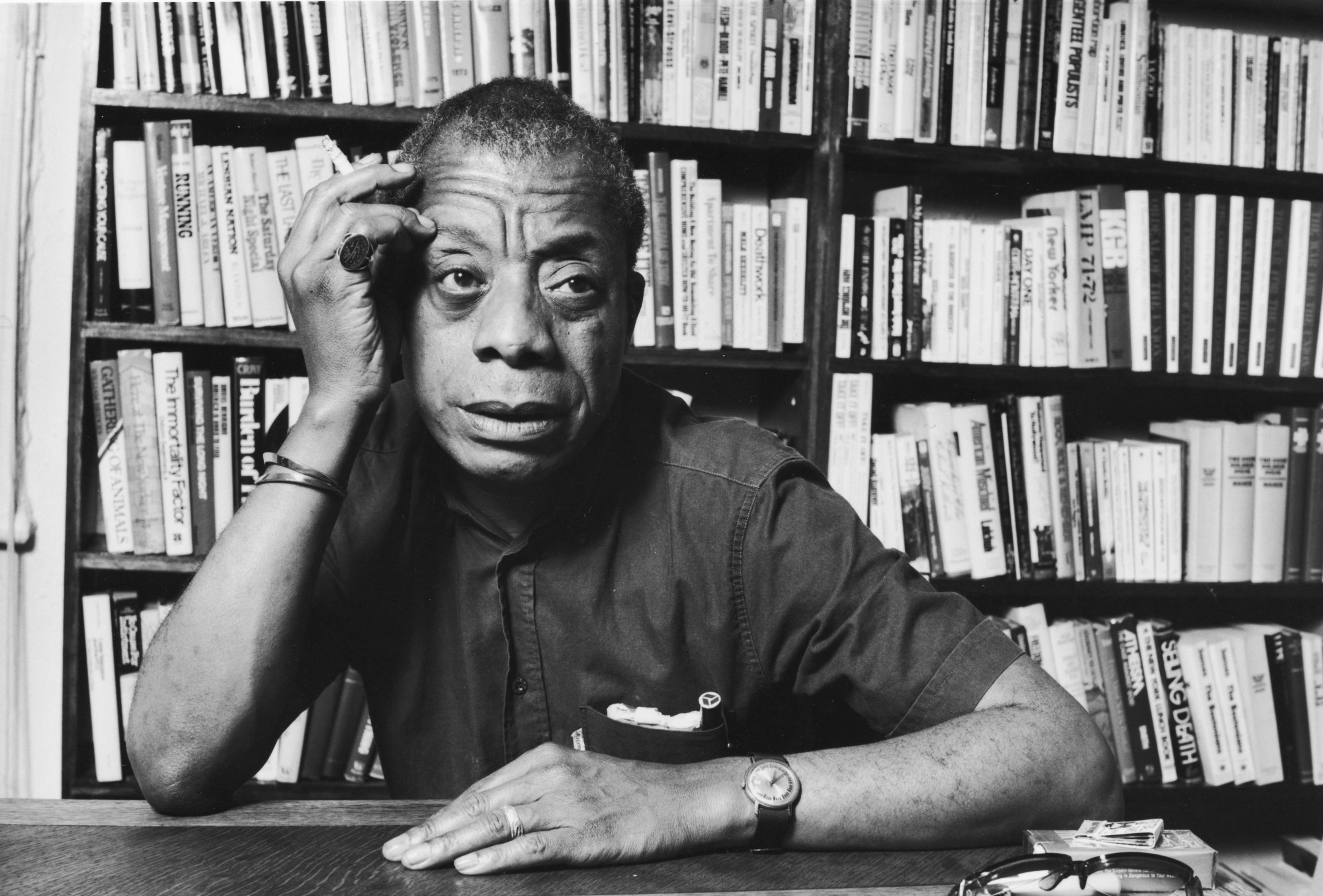Unless you’ve been completely disconnected from technology, you’ll be well aware that across the world people are protesting the murder of George Floyd by the Minneapolis police on 25 May. Those taking to the streets are demanding change to the systemic racism within the police system and the wider world. If you’re reading this, it’s highly likely that you share our sentiments on the subject. Perhaps you reposted something on Instagram in solidarity. Maybe you made a donation to one of many nonprofits working on the ground to make change happen. That’s all well and good, but there’s always more to be done, and it starts a little closer to home.
Being a true ally means educating yourself. Ensure that you fully comprehend the extent of your white privilege. Read up on the ways in which our society is inherently laced with white supremacy and reflect on how you personally play a part in it, how you could do better. Have difficult but essential conversations with friends and family members that display ignorance.
There are a whole host of books, essays and other writings that are all incredibly useful. But where should you start? Here’s a reading list of publications — some recommended by the essential resource that is the Black Lives Matter carrd page, others that members of the i-D team have learnt a lot from — that will help you put in the work to ensure your allyship doesn’t fade when the newscycle shifts. It goes without saying that, where possible, you should support your local independent bookstores, ethical booksellers online, or better still, those that are Black-owned.
Read up! Not only is it good for you, it’s crucial if you are to become actively anti-racist and we are to move towards a more equal world.
Why I’m No Longer Talking To White People About Race, by Reni Eddo-Lodge
This week marks the third anniversary of the triple award-winning book by Black British author Reni Eddo-Lodge. It’s an honest explanation of what it means to be Black in the UK; spanning the tangled web between race and class, white-washed history lessons and frustrations with how discussions on race are shut down by those unaffected.
Reni requests that, if able, those buying her book also match its cost with a donation to the Minnesota Freedom Fund. “This book financially transformed my life,” she says, “and I really don’t like the idea of personally profiting every time a video of a black person’s death goes viral”. She has a podcast too, About Race, which is also well worth consuming.
Me and White Supremacy, by Layla F Saad
In 2018, Layla launched a free month-long #meandwhitesupremacy challenge on Instagram, designed to provide anti-racist education and prompt action. The cultural movement blew up and Layla wrote this New York Times bestseller to accompany it; formatted as a 28-day programme during which painful self-reflection will help you understand your own participation in white supremacy, in order to stop unintentionally harming BIPOC. Layla, too, has a very good podcast called Good Ancestor.
How to Be an Antiracist, by Ibram X. Kendi
Another New York Times bestseller here, this time from author and historian Ibram X. Kendi, whose actionable memoir unites ethics, history, law and science in order to dissect the issues of race, justice and equality. Rather than simply working with the world we’ve got, he calls on us to imagine a future anti-racist society and requests you help build it. On that note, immediately in the wake of Trump’s election, Ibram founded The Antiracist Research and Policy Center which aims to work with policymakers to dismantle existing racist policies. What a guy.
Sister Outsider, by Audre Lorde
Black lesbian poet and civil rights activist Audre Lorde’s contribution to modern literature is essential. This is a collection of revolutionary essays and speeches in which the late writer tackles sexism, racism, homophobia and class. It includes her famed 1984 essay, The Master’s Tools Will Never Dismantle The Master’s House, which brings to light the racism within feminism. Across her work, Audre’s message is powerful, painful but ultimately positive.
White Fragility: Why It’s So Hard For White People To Talk About Racism, by Robin DiAngelo
Robin DiAngelo is a white woman writing for white people; ready and willing to help you liberate yourself from white fragility with her 2018 book. It’s another New York Times bestseller that explores the unhelpful responses white people have when discussing race, with well-named chapters including: ‘White women’s tears’ and “Racial triggers for white people”. In a podcast discussing the murder of George Floyd, as well as angry white dog lady Amy Cooper, the author bleakly commented, “I actually don’t think that most white people care about racial injustice.” Go prove her otherwise.
Dark Days, by James Baldwin
These three essays — Dark Days, The Price of the Ticket and The White Man’s Guilt — draw on James Baldwin’s lived experiences of American race relations through the civil rights movement and beyond. His observations remain all-too-relevant today. If you haven’t seen the Oscar-nominated 2016 documentary I Am Not Your Negro, based on James’s unfinished manuscript Remember This House, you ought to watch that too. And Barry Jenkins’s If Beale Street Could Talk of course, which was based on James’s 1974 novel of the same name.
The End of Policing, by Alex S. Vitale
While not exactly focussed on anti-racist teachings, Brooklyn professor of sociology Alex S. Vitale’s 2017 book on the problem with policing makes for extremely topical reading all the same. Tracing modern policing back to its tainted origins as a form of social control, while also touching on the 2014 killing of 18-year-old Michael Brown and the resulting protests, the author lays out the change needed in order to achieve racial justice. “The best solution to bad policing may be an end to policing,” the author suggests — a view shared by many right now.


